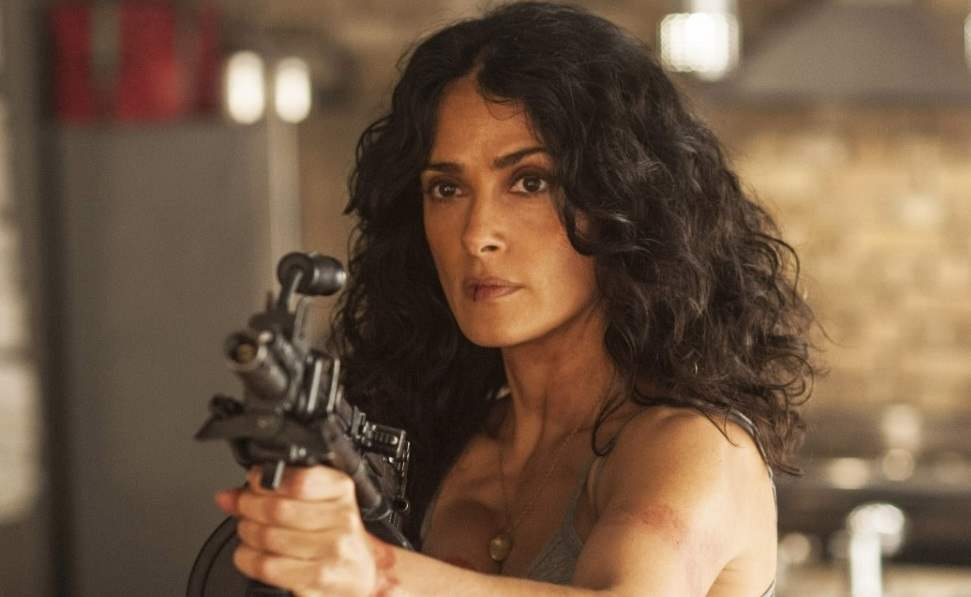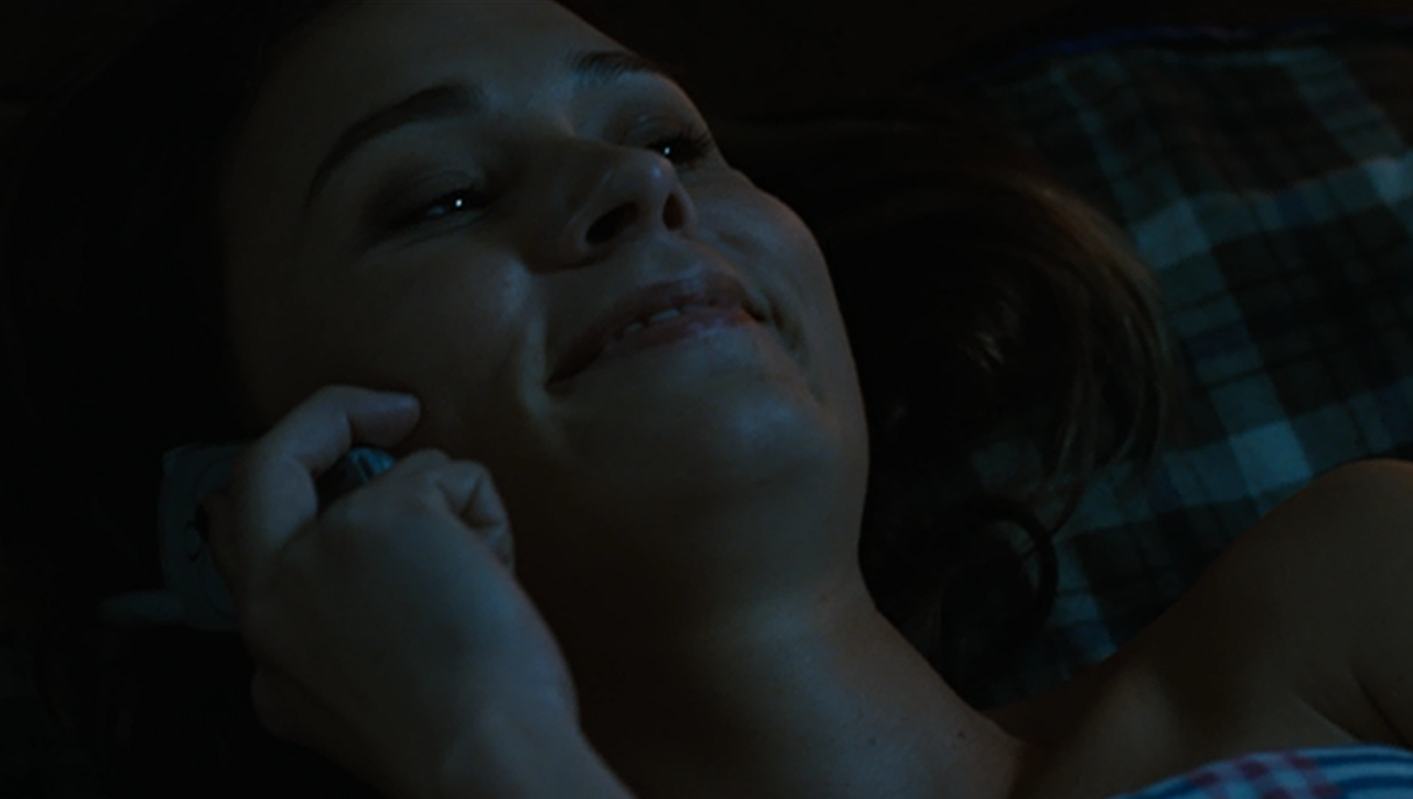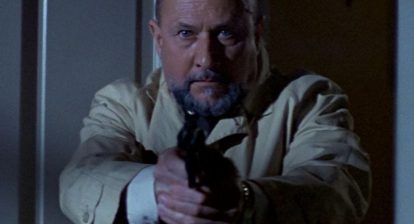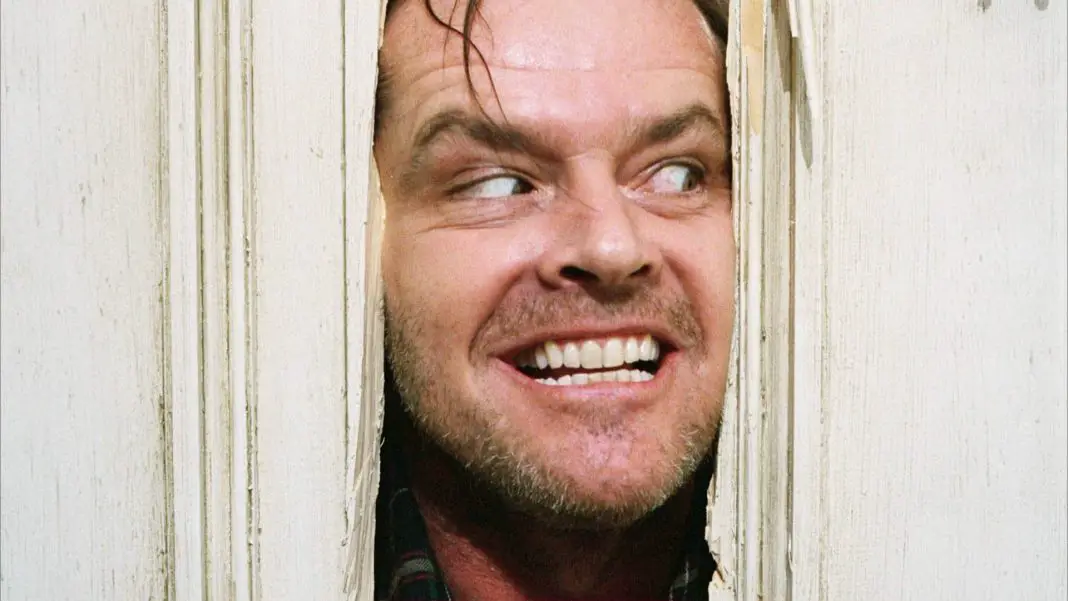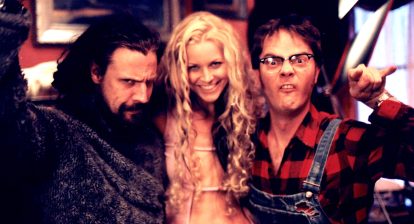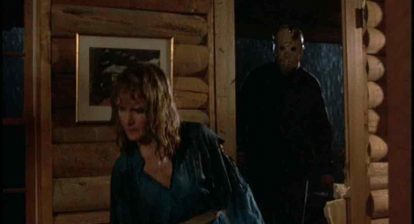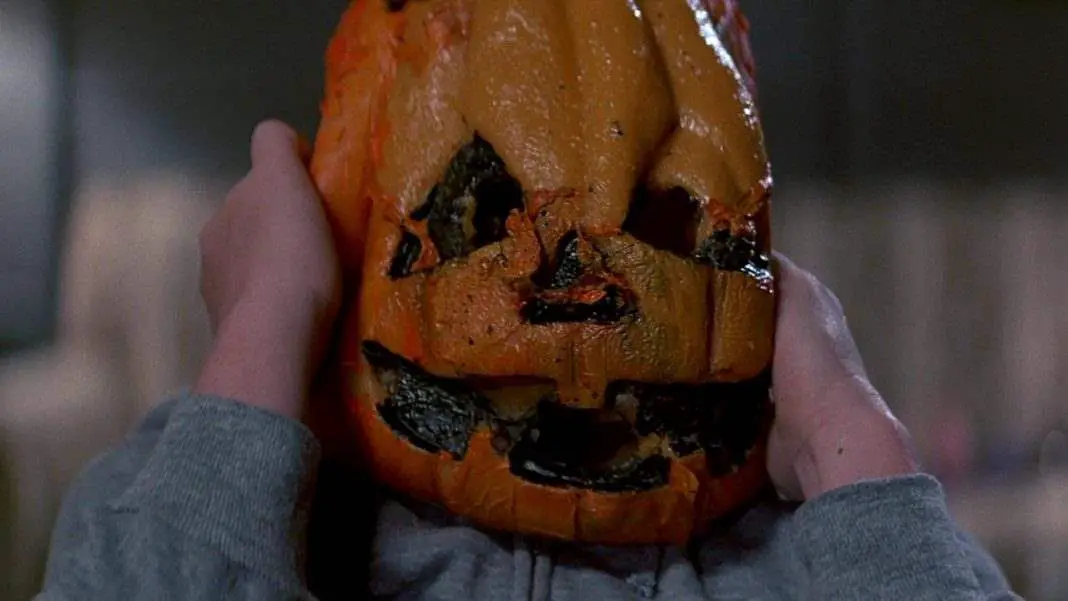When I first heard of director Joe Lynch’s latest film, Everly, it sounded like something right up my alley. Everly is the story of a woman trapped in an apartment by a brutal mob boss who sends a constant stream of assassins after her when he finds out that she has been working with the police. It’s an explosive, action-filled flick with just the right amount of comedy, and film queen Salma Hayek in the lead role. I saw the movie, loved it, and raved about it online. Then I made the mistake of checking out some other reviews. I thought for sure that most, if not all, other reviewers would love the film as much as I did, and was very shocked at all the negative opinions I read. And it wasn’t just that other people didn’t like the film–I can definitely understand if this kind of thing isn’t someone’s cup of tea–but rather it was the comments and criticisms that they were making about Lynch and the character of Everly. Specifically, I saw the word “misogyny” thrown around a lot.
Of course, “misogyny” is often used to describe horror movies in general. I often don’t agree with those claims and think that those who make them are a bit misguided, or are perhaps just seeing what they want to see. But it is most aggravating to hear that word describe a film that is specifically about a very strong woman, like Everly. I personally found Everly to be an incredibly strong, brave, and smart woman, but there were obviously others that just couldn’t see that. Which makes me ask the question: Who will audiences recognize as an acceptable female character in a horror film and how do they want to see them portrayed? From where I’m standing, a filmmaker can’t seem to show a woman in any kind of peril or have anything bad happen to her without it being labeled as misogyny, even if that same woman stands up for herself, fights back, and comes out on top at the end. I don’t understand the logic sometimes, and it is extremely frustrating when someone does not see a film the same way you do.
Review: Everly is a Bloody Good Time!
Females are absolutely allowed to show vulnerability in horror films because it’s a part of what makes them connect with the audience. Think about the situations that they are put into in these stories: serial killers; man-eating creatures; crazy people with axes, hatchets, chainsaws, and machetes. Let the girls lose their cool and freak out and cry, because you know that is what 99% of the people watching these movies would do. In the end, a lot of the women in these movies prove that they are capable of doing more than crying and screaming, so how can these films still be called misogynistic? Does what they accomplish at the end mean nothing because of how they acted before or how the director chooses to shoot the earlier scenes?
This brings me to another thing that I’ve seen people mention that convinces them that a movie is steeped in misogyny. There seems to be this whole concept that women in horror movies are either only b***hes, sexually generous ladies, or good girls. The b***hes and and sexually generous ladies are a disgrace to women and we should only identify with the good girls, right? No! I can identify with any kind of woman in a horror film as long as I can see something in her that I want for myself or that I admire on some level. There’s a quick scene from Rob Zombie’s Halloween that I think fits into this well. The character of Lynda is the coarse, naughty girl of the group, and is even ridiculed by Annie early in the movie when she, albeit probably jokingly, calls her a sl*t. But later on when Lynda and Laurie are on the phone together, Linda confides to her friend how much that hurt her. She says she doesn’t care what Annie thinks, but is very sincere when she tells Laurie, “I care what you think.” Of course, it would have been better if this scene did not happen as she is laying naked on a floor after just having sex with her boyfriend, but I still got that little sparkle of reality from her that made me think that this character–that I honestly didn’t like all that much before–was actually a decent girl on the inside. She obviously recognizes and admires the good that Laurie represents, which is probably why she is friends with her. Something small like that can endear the audience more to a character and allow them to look beyond the stereotype they are supposed to represent. This is very responsible of the filmmakers.
Nudity is obviously another reason to accuse a film of misogyny. Honestly, it’s such a staple in a lot of horror films that it’s just something I’ve gotten used to and it doesn’t bother me at all. Many times, like in My Bloody Valentine 3D for instance, it’s kind of funny. Sometimes it heightens the fear that you feel for the character because it puts them in a much more vulnerable place when they are fighting the killer or running for their lives. Going back to Everly, a lot of the criticism I saw was for how Lynch “ogled” Hayek’s body in the film. People scoffed at how her wardrobe goes from a skimpy nightie to a tank top and a pair of tight yoga pants. Two separate reviews mentioned how irresponsible it was for Lynch to show Everly taking a shower, where he was again accused of misogyny and ogling her body, after the character had been raped. Again, I think this is about seeing what you want to see and taking things out of context for a minute. The shower scene happens 33 minutes after the opening rape scene, of which absolutely nothing is shown, only heard over a black screen. It also happens after Everly has gotten into several gun battles and fights, resulting in some blood and sweat, and after she has cleaned the entire apartment before her daughter and mother arrive. So yeah, it stands to reason that she would want to clean up after all that. The scene does not ogle her body. There are shots of her calves, her head, her back (probably just to show off that tattoo), and her midsection as she cleans her bullet wound. Look at the context before making accusations. As for the rest of the movie, let’s be real: Salma Hayek is gorgeous. When you have a performer who is that photogenic and looks that good on camera, you take advantage of it. It is just another side to her character, and does not wholly represent who she is.A claim of misogyny is not something to be thrown around lightly. To me, it’s all a matter of perception and context. If you’re looking for it, you’ll find it, but if you’re not thinking about it, it will never occur to you. And if you do see something that makes you question somebody’s motives, think about the real situation at hand. Think about where the characters are coming from or where they’ve been, and ask yourself what is really being said. Looking at some of the women that I have covered in my Noteworthy Heroines of Horror feature, you could stereotype each one of them and say that they represent women in a negative way–the vindictive b**ch (Mary, American Mary), the uptight b**ch (Lisa, Red Eye or Angela, P2), the nerdy not-so-good-looking one (Rhonda, Tremors)–but really looking at their characters specifically and what they accomplish over the course of whatever film makes you see that each and every one of them is admirable in her own way. There is really no one right way to portray women because all women are different. Most importantly, the viewer is able to make his or her own choice about who they make a connection with, and if they are able to find that, then I’d call the movie a success.
